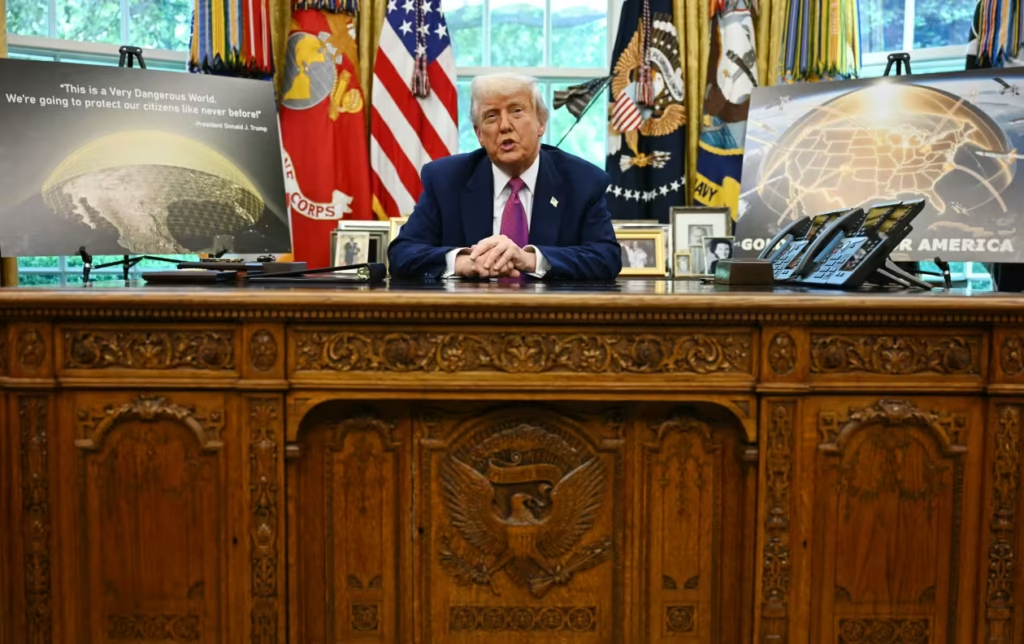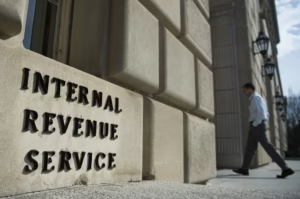One day after a lackluster 20-year Treasury auction caused bond rates to spike and new concerns about investor appetite for U.S. debt to surface, the selloff in U.S. government bonds persisted Thursday.
House Republicans’ massive tax and spending measure, which threatens to reduce food aid, Medicare, and other safety-net programs while increasing the national debt, prompted the renewed selling.
Following the release of the 20-year auction results, Wall Street’s “fear gauge,” the Cboe Volatility Index VIX, surged on Wednesday. While the main stock indexes saw their largest one-day decline since April 21, longer-duration bond yields also spiked, with the 30-year Treasury yield BX:TMUBMUSD30Y closing at 5.089% for the day, its highest level since Oct. 25, 2023, according to Dow Jones Market Data. Thursday morning saw a temporary increase in the 30-year yield to 5.15%, but it has already retreated.
According to Jon Brager, a portfolio manager at Palmer Square Capital Management, “the narrative has shifted from tariffs to taxes,” According to him, the optimism that Congress would address “fiscal recklessness” has given way to worries that massive deficit spending will continue.
Wall Street has long been concerned about the long-term viability of American finances. However, they were thrown back into the spotlight when Moody’s removed the United States from its final set of triple-A credit ratings last week, citing the country’s mounting debt problems over a ten-year period as the reason.
Over the weekend, Treasury Secretary Scott Bessent downplayed Moody’s downgrading, claiming it was a lagging indicator. However, in recent months, White House officials have been outspoken about their desire for the market to lower longer-duration bond yields and the Federal Reserve to cut interest rates. So yet, neither has occurred.
The Trump administration might cut bond yields in a number of ways, according to investors. It’s crucial to keep the U.S. deficit under control, reassure international investors that American assets are safe and healthy, and approach tariff negotiations calmly.
Financial difficulties
The Trump administration wants Treasury yields on the 10-year note to decline. BX:TMUBMUSD10Y since they serve as a benchmark for long-term financing costs for the federal government and corporations, and they also assist in setting basic borrowing rates for families purchasing a home or vehicle.
Additionally, higher bond yields may make it more likely that the financial system will collapse or that the US economy will contract.
See also: U.S. budget imbalances are getting close to the point when stocks may begin to suffer.
During the epidemic, firms and households locked in ultralow longer-term rates, while the federal government has remained mostly dependent on issuing short-term debt to fund its operations. The United States runs the risk of increasing its already high debt-servicing expenses as bond rates rise.
John Velis, the Americas macroeconomic strategist at BNY, estimates that interest expenses currently equate to around $1 trillion, or 3.7%, of the U.S. gross domestic product. “Note that the 2024 U.S. federal budget deficit was 4.3% of GDP, or about $6.8 [trillion], an extraordinarily large shortfall for an economy that was close to full employment last year,” he said in a note on Tuesday.
Are there financial issues in the United States? “Yes, it does,” said Benoit Anne, MFS Investment Management’s head of market analysis, during an interview. “Is the United States taking any action to address those? No, not just yet.
He has noticed a movement by investors to diversify outside of America, but Anne wasn’t expecting a U.S. debt crisis to break out or for international investors to completely avoid U.S. assets.
Global bond investors were also uneasy due to fiscal concerns regarding Japan’s budget, as the country’s longer-duration BX:TMBMKJP-30Y government bonds were heavily sold off.
Senior portfolio manager Peter Baden of F/m Investments stated that since Trump’s “reciprocal” tariff panic on April 2, he has started to reduce the tenure of bonds. However, Baden stated that he is not making significant news about the Republican tax package because he anticipates the Senate will lessen its impact on the budget.
According to him, a reduced requirement for U.S. funding might logically result in fewer Treasury bonds being issued in the future and therefore lower yields.
Palmer Square’s Brager was less hopeful about the trajectory of declining yields. According to him, yields might be suppressed by another “growth scare,” or an increase in the likelihood of a recession. Apart from that, he believes it would require “fiscal policy that doesn’t scare people,” improved control over inflation expectations, and more stability from the White House that helps draw foreign capital to U.S. assets.
“They are not satisfying any of those right now,” Brager stated. “You can’t just sign an executive order and lower the 10-year yield.”





